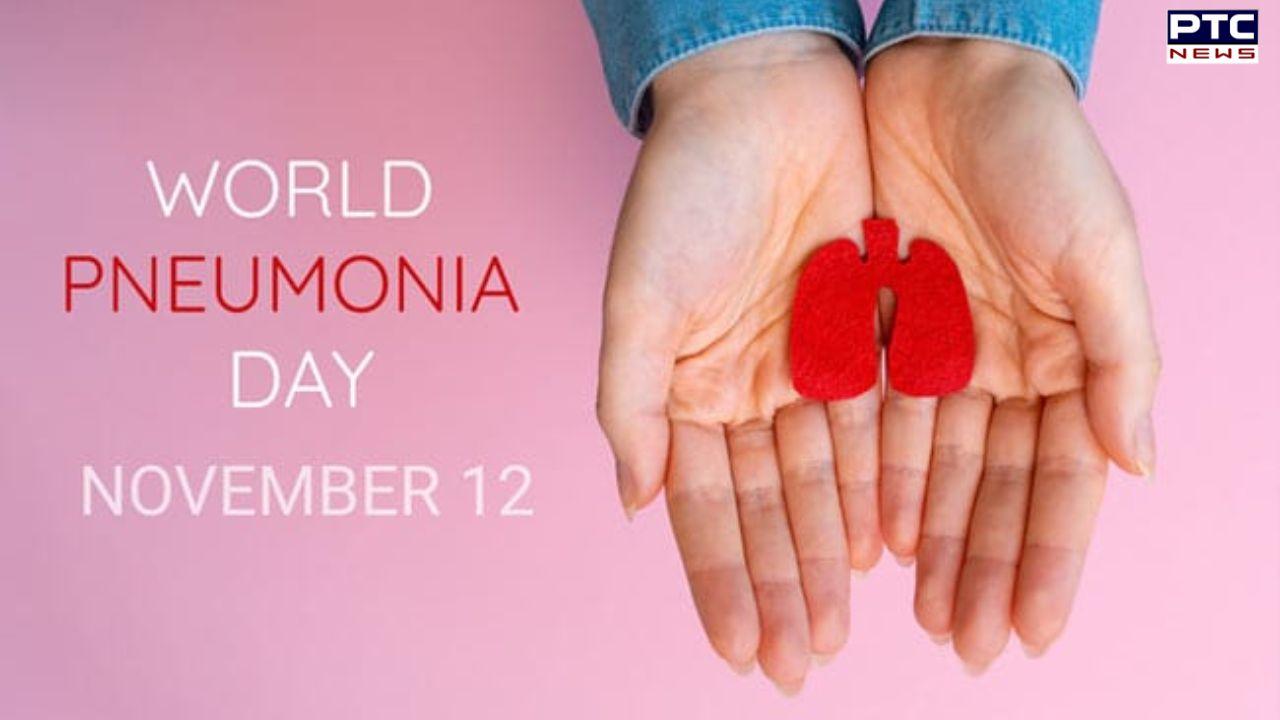World Pneumonia day: Symptoms, treatment and preventive measures
Health officials lay special emphasise on promotion of vaccine that helps in preventing the disease, improving healthcare access and also reducing risk factors that contribute to its spread.

PTC News Desk: Pneumonia is a serious infection of lungs which is caused by bacteria, viruses and fungi which also marks up to leading cause of the morbidity and mortality worldwide which majorly affects young children, elders and individuals with weakened immune system. This infection can also cause inflammation throughout the body which can further accelerates other complications.
Health officials lay special emphasise on promotion of vaccine that helps in preventing the disease, improving healthcare access and also reducing risk factors that contribute to its spread.
Types of Vaccines
- Several vaccines are available that particularly prevent the most common bacterial and viral pathogens:
- Pneumococcal Vaccines: It protects against pneumococcal pneumonia caused by Streptococcus pneumoniae, one of the leading causes of pneumonia cases globally. The vaccines are recommended for children, older adults, and those with specific health conditions.
- Influenza Vaccines: Influenza virus can lead to influenza and further amplify the related complications
- BCG Vaccine The Bacillus Calmette-Guérin (BCG) vaccine is fundamentally known for protection against tuberculosis
Symptoms of Pneumonia
- Cough and sputum production
- Fever
- Severe chest pain
- Fatigue and weakness
- Poor appetite
Preventive measures to reduce risk of Pneumonia
- Vaccination is considered one of the most effective preventive measures
- Maintaining hygiene regularly
- Quitting smoking or avoiding exposure to secondhand smoke can significantly reduce the risk of pneumonia
- Minimise exposure to infectious agents and keeping distance with unwell individuals
- Making sure proper ventilation and using air purifiers
- Early treatment of respiratory infections
